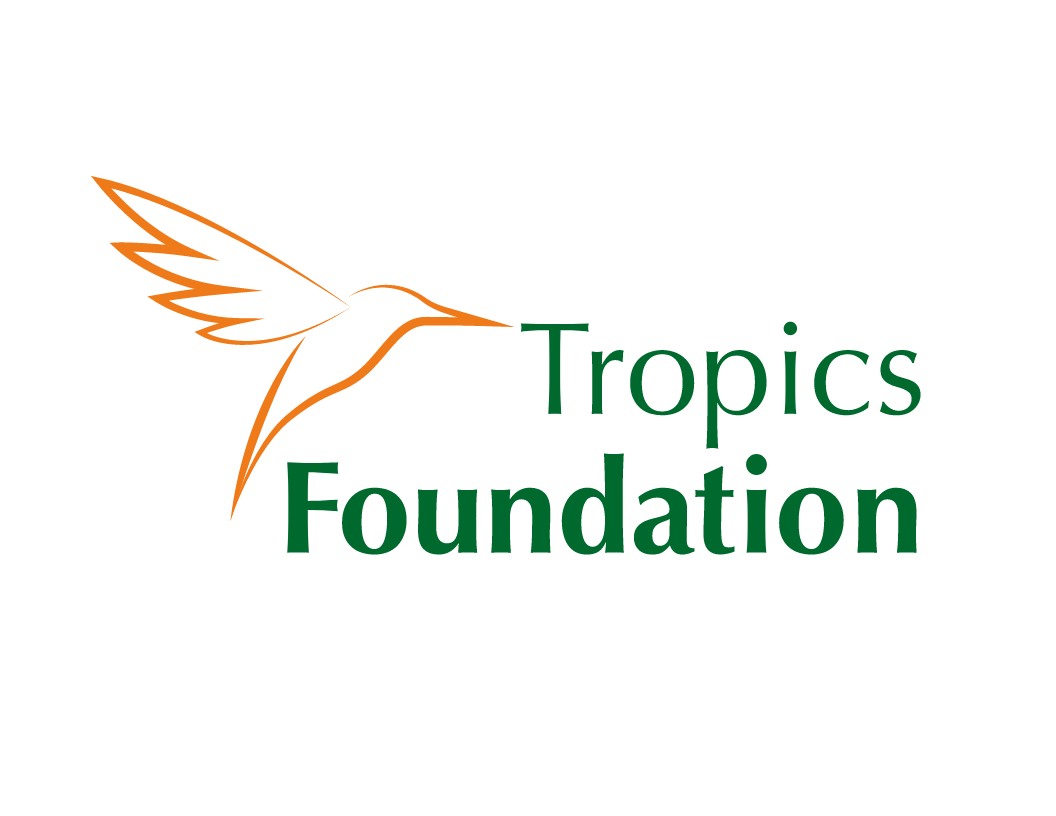Putting students in the drivers seat: CATIE student Arturo Salazar’s research receives honorable mention
Original interview written by Julio López, article edited by Katie Modic
An areal view of the Maya Biosphere Reserve in Petén, Guatemala (photo credit: j. lópez)
One of the most important assets of the Tropical Agricultural Research and Higher Education Center (CATIE), located in Turrialba, Costa Rica, is that it serves as a learning hub for students throughout Latin American and the Caribbean. These students, who attend in person and ever increasingly virtual masters degree programs at the international institution leave with the knowledge, skills and mindsets to be agents of change toward the sustainable development goals of the region. The majority of CATIE’s highly skilled graduates return home after graduation to implement change in their countries of origin.
Arturo Salazar Quiroa, an agronomist from Guatemala, recently completed the virtual masters program in sustainable Agribusiness and Market Management at CATIE. His final Master’s Theses titled “Foundations for the Inclusion of the Community Forest Management Model of the Maya Biosphere Reserve in Petén Guatemala”, received honorable mention this week in the Latin American Model Forest Network.
The goal of the network is to connect regions where initiatives for the sustainable management of forests and natural resources are jointly promoted. It is the first unifying organization of its kind convening 15 countries in Central America, South America, the Caribbean, and Spain. The network showcases and manages the exchange of knowledge and experiences related to Model Forests in Ibero-America. It is a voluntary alliance between Model Forests supported by government representatives from each member country, affiliated with the Secretariat of the International Model Forest Network (SRIBM).
Salazar's study opened the door to new collaborators in his home country of Guatemala. More specifically, it opened doors to the network of community forestry organizations affiliated with the Association of Forest Communities of Petén (ACOFOP) in the Maya Biosphere Reserve. Through analyzing their compliance with the principles that govern Model Forests, the entire territory was invited into the Model Forest Network. To achieve this incorporation, Salazar had to develop a technical proposal and submit it to the network's management for evaluation and final approval based on the thesis' principles and attributes that define Model Forests.
While it might sound straightforward, incorporating new territory into the network is complicated. Salazar shared that in his eyes, the biggest contribution his thesis provided was "overcoming the challenges in understanding and gaining a clear knowledge of the process of incorporating an extensive area of territory that meets the requirements and adheres to the principles governing Model Forests. The study facilitated a detailed understanding of the necessary sequence, required steps, and the structure to become and remain a Model Forest within the Latin American Model Forest Network."
This contribution is significant. Salazar explains, "This action will allow for sharing the acquired experience and learning about natural resource governance management. Furthermore, the Network will be strengthened by having one of the most globally recognized community forest management processes among its members, as demonstrated in the incorporation proposal presented by ACOFOP to the Latin American Model Forest Network."
The outcomes for the community forestry organizations affiliated with the Association of Forest Communities of Petén and plentyful. “They will gain increased visibility of the sustainable forest management system being carried out within an extensive area of regional interest for natural resource conservation, within the Maya Biosphere Reserve”, shared Salazar. Additionally, “the incorporation of this territory into the Network will enable ACOFOP to highlight its achievements and challenges in the management of the community sustainable natural resource management system”.
Salazar’s research contributions pay tribute to the successful methodology that CATIE adheres to, where each graduate student selects a research topic and conducts their field work related to that topic in their home countries. For Arturo Salazar, this allowed him to facilitate positive, locally led, sustainable regional development in Petén, Guatemala. Understanding that locally-led development is key to successful initiatives, CATIE stands out as a key South-South resource, driving capacity building of capable individuals from Latin American and Caribbean countries and training them to be leaders who contribute to the sustainable development of the region.


